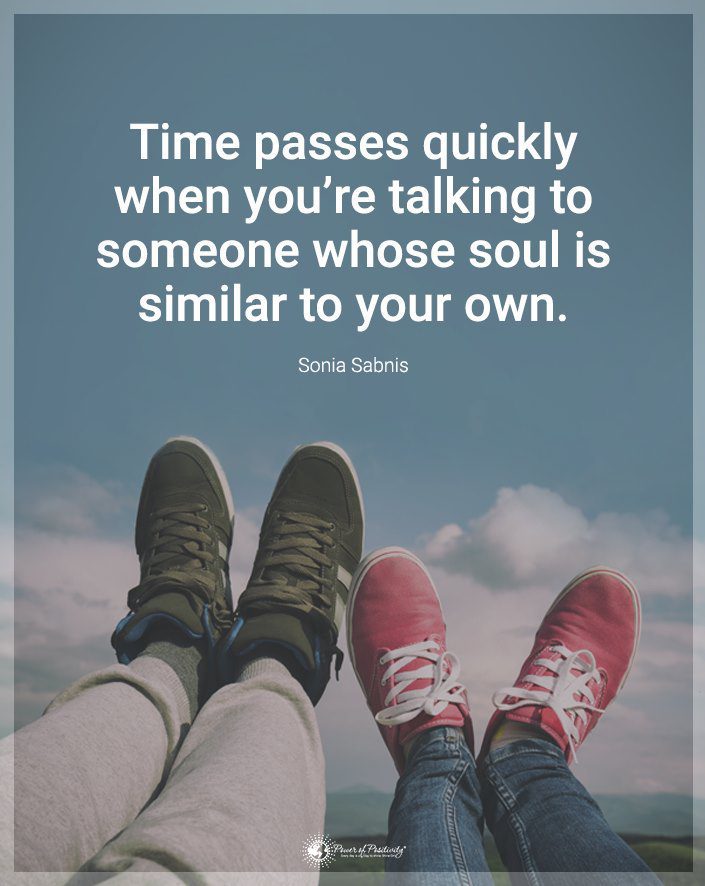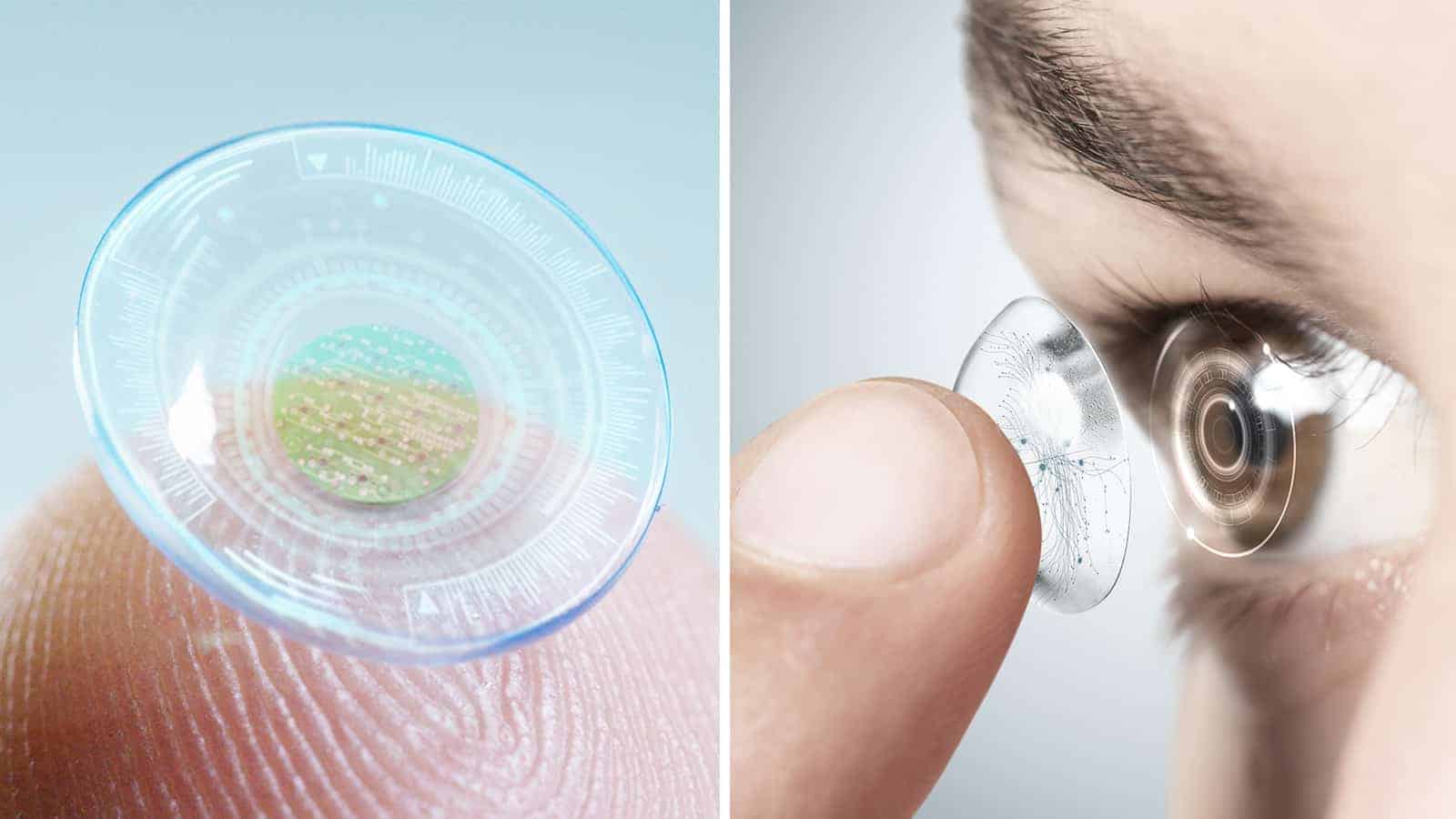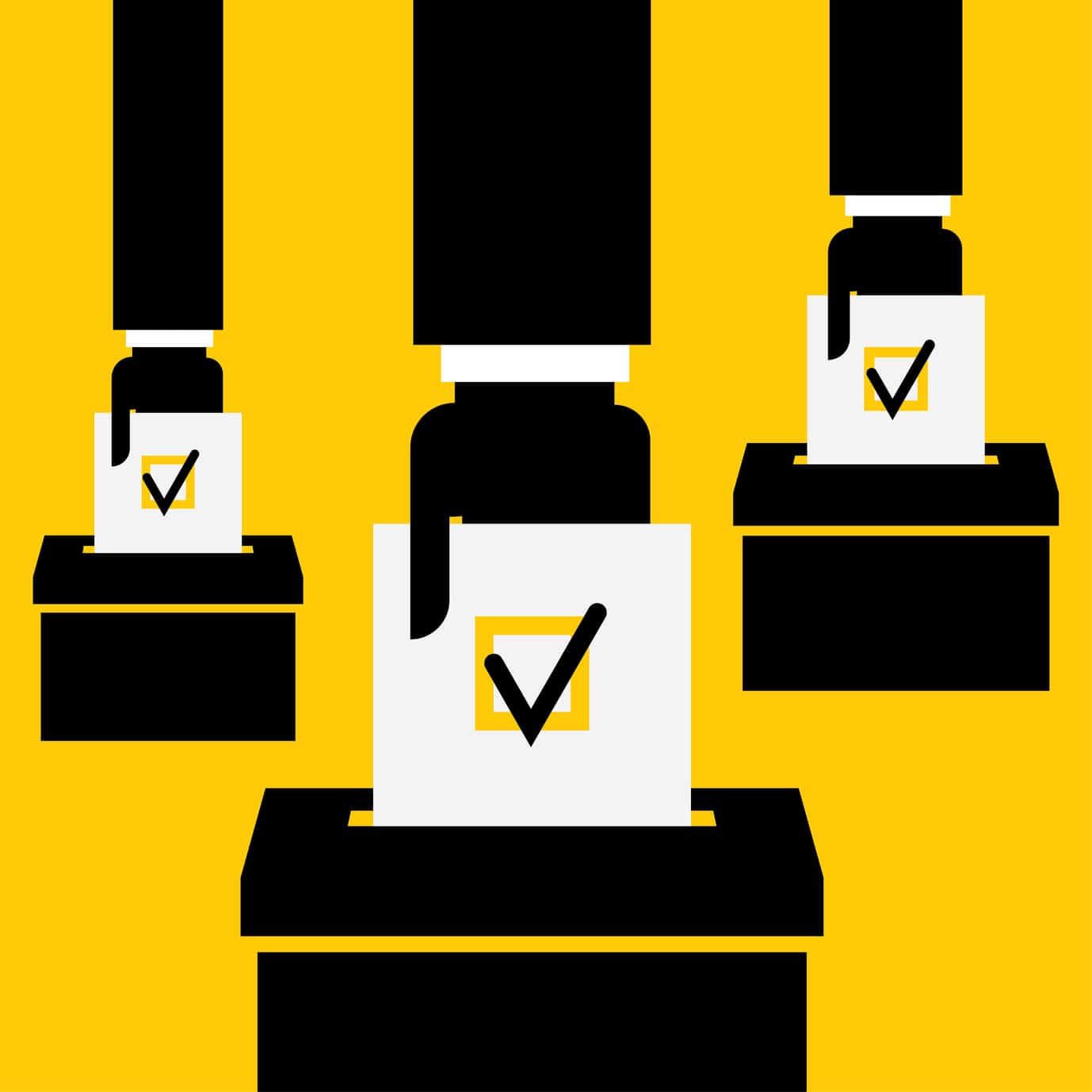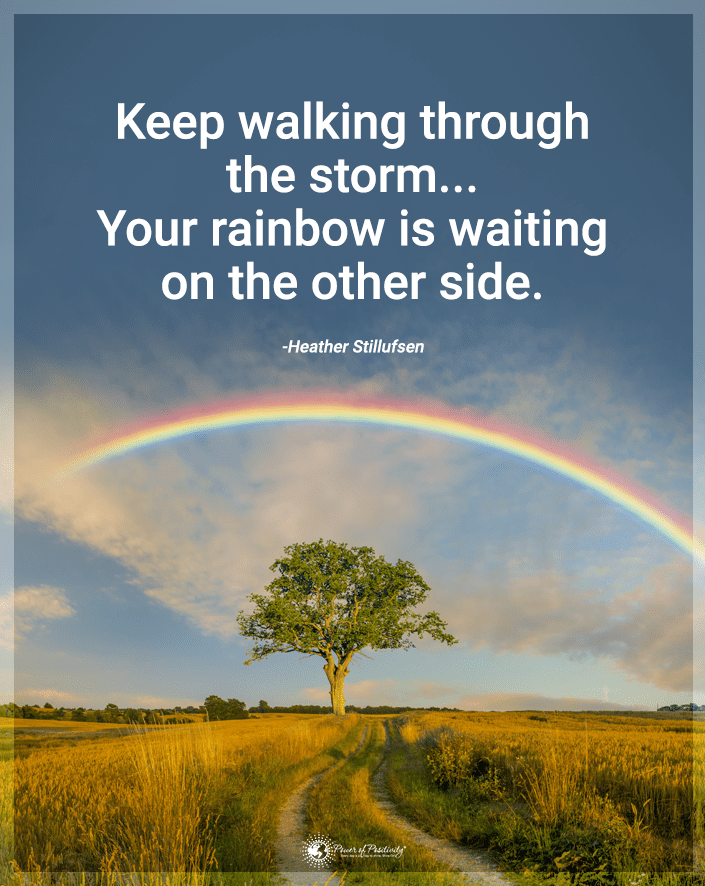There is a famous Greek mythological story about the perception of love in a relationship. The myth of Pygmalion and Galatea has been brought down through centuries as a love story. Pygmalion was a gifted Greek artist who created beautiful sculptures. Pygmalion was disappointed with the women he met, especially the prostitutes. He was so disgusted by their reactions and behaviors that he decided to create the perfect woman, thus the sculpture of Galatea made out of ivory stone.
Pygmalion spent countless hours making her into his ideal woman, chiseling carefully the curves and creating a beautiful body while speaking to it. He would dress her up. He would tell stories. Then one day, Pygmalion went to Aphrodite’s temple and begged for the love of this woman. Aphrodite took pity on the artist and made the statue come to life, and shortly thereafter, Galatea and Pygmalion married.
This story has several metaphoric clues to relationships. There might be signs that we are trying to manipulate our desires into creating the perfect love carved in stone.
Here are 5 questions to ask yourself before you begin a relationship:

1. Are we trying to create flawless love in our partners?
Relationships are not perfect. Oftentimes, our counterparts mirror our imperfections. It’s in those enhancing moments that we try desperately to chip away the characteristics that we don’t want. In all the negative light, we become lunatics trying to create something that we cannot change. We are human beings. Sometimes we enter into relationships blindly with an irrational belief that “this is the perfect person.” Later on, the blinders come off and what was once lust is no longer part of the love equation.
2. Are we holding on to a myth?
Society has implanted an idea of “perfect fairytale love.” From the time we are children we watch and listen to romantic fairy tales. It’s difficult to see what’s an illusion and what’s actually real. Love is NOT carved in ivory stone. It’s not perfect. It requires work. It expects nothing more (or less) than patience and acceptance. You create that which you are. In order to attract the desired partner, you have to consider your own imperfections. You have to be willing to look at the dark and the light in yourself.
3. What happened to love at first sight?
We are creatures of determining beauty by first glance. Hormones flare and exude our animal instincts. But, does this hold on forever? Beauty is not just in the eyes of the beholder. Beauty resides deeply in the heart. Just like Pygmalion, many of us spend countless hours searching for the ideal mate that we have created since childhood. We have formed a “type,” and when that type enters the room, we are left drooling for attention. How often do we actually get the type that is in our heads? Age takes care of making sure we return to reality. Outside beauty doesn’t last forever.
4. Can we survive relationships through what is called the Galatea and Pygmalion effects?
The Galatea effect is a psychological theory that states that people can overcome anything by raising their self-worth. The Pygmalion effect is a phenomenon relating to motivation: people can conquer anything when they are supported and encouraged. In relationships can we be Galatea and Pygmalion?
One person has to be the motivator and the other the doer. There has to be a balance of giving and taking. Unfortunately in our society, we forget the partnership theory in relationships. It starts with clear intentions of how we will support, love, and respect our mate. Life wears us down and we no longer motivate the other. Galatea and Pygmalion are perfect examples of belief and ultimate love through perseverance.
5. Is there a way to manifest the perfect mate for me?
We have the power to create anything we want in life, including a partner who brings out the best in us. But, while you continue having a false idea of what is perfect, you might not see what’s right next to you. Relationships work on trust, forgiveness, love, acceptance, and awareness. It’s important to understand that if you aren’t being treated to your highest worth and potential, then it’s time to move on. When people tell you who they are, believe them from the beginning. You cannot change anyone. You are only responsible for you.
Pygmalion created what he needed. He chiseled and prayed and spoke to the Gods. He didn’t settle for the other women. You have the capacity to bring the love of your life into your life…but first you must be honest with what you want. Love is not written in stone, but it is written in the heart. Follow your heart, but take your mind with it too.
“Love is not something that happens just once and lasts uniformly throughout your lifetime. No, that kinda love can only exist in fictional stories. But if you fall in and out of love with the same person, for countless number of times, each time rediscovering those feelings that you thought you had long lost in past and somehow it still feels as fresh as the morning dew… That’s the real deal, that’s how it happens in real life.” – Seekerohan







